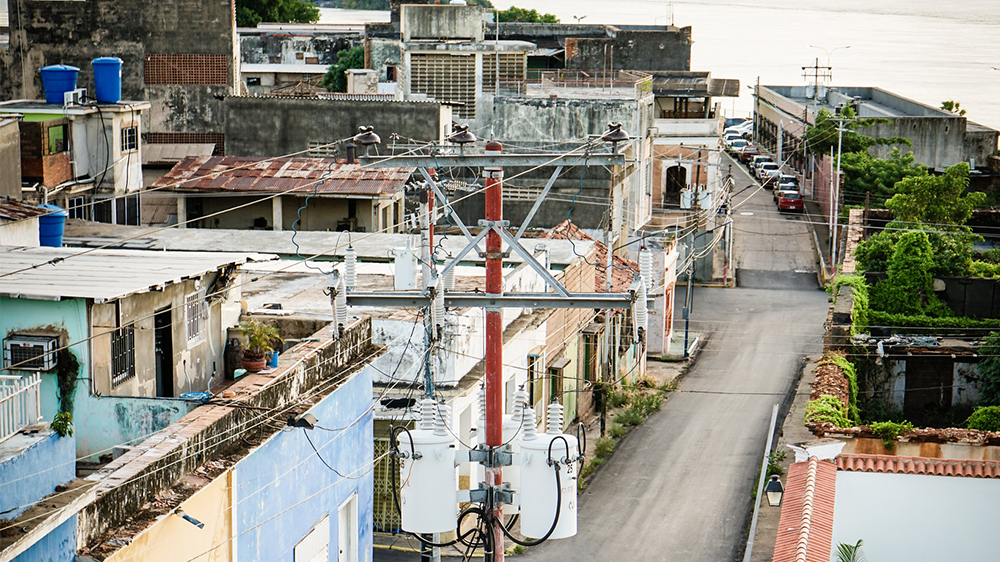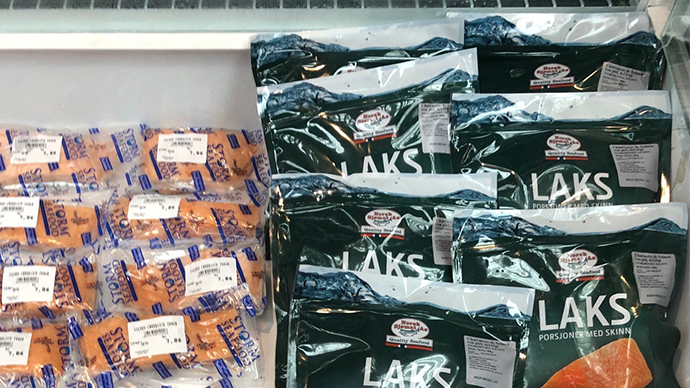A project studying how Venezuelans are coping with the crisis in the country on a micro-level and the emerging of new inequalities is attracting considerable attention in Venezuela. Here is a summary of some the key findings in the project so far.

Photo: tomscoffin from flickr.
In recent years, Venezuela has been through an economic, political and environmental collapse, with an 80 percent reduction in its gross domestic product (GDP), hyperinflation and a dramatic increase in poverty-levels. The crisis has largely been due to the long-term failure of a state dominated development model and a politicized economic management, aggravated by economic sanctions. Due to the severity of the crisis, the government has lifted many of the restrictions characterizing the development model, including currency-, and price controls, and tariffs on foreign trade, while cutting governmental spending.

Since 2020, the Centre for Development and the Environment (SUM), has cooperated with the Labor Research and Information Center (CIFO) in Venezuela and the University of New Brunswick, Canada, on a project that seeks to research how the Venezuelan economy actually functions at the 'micro-level'. In the project, the researchers are concerned with what development model that actually emerges as a result of the ad-hoc and haphazardly managed process of liberalization
At SUM, the project is led by professor Benedicte Bull.
We are motivated by understanding how different groups of people actually survive during dramatic economic crises, and what new inequalities that emerge. To understand that, we have done detailed surveys in specific economic spheres, she says.
So far the project group has has undertaken three surveys.
1. Study of the illegal mining economy
First, they conducted a survey of the economy in an area of illegal mining controlled by various armed groups in the Venezuelan Amazon, in the state of Bolivar. It resulted in one popular article.
- Here we surveyed workers and local residents about their form of payment, wages, and the authorities in the area. However, due to security reasons, we were unable to make this survey sufficiently large so as to draw significant conclusions, but we documented the common payment in gold in the zones, the enormous prices of basic goods, including medicines, and the control by various armed gangs and the military.
2. Study of the 'bodegones'
The second study is a study of a new phenomenon in the commercial sector: large bodegas that have emerged as a result of exemptions from trading rules and the lifting of price and currency controls. Starting with small 'import' shops six years ago, they have evolved into enormous shopping sites where you can get anything from all over the world, imported directly and sold in dollar prices.







